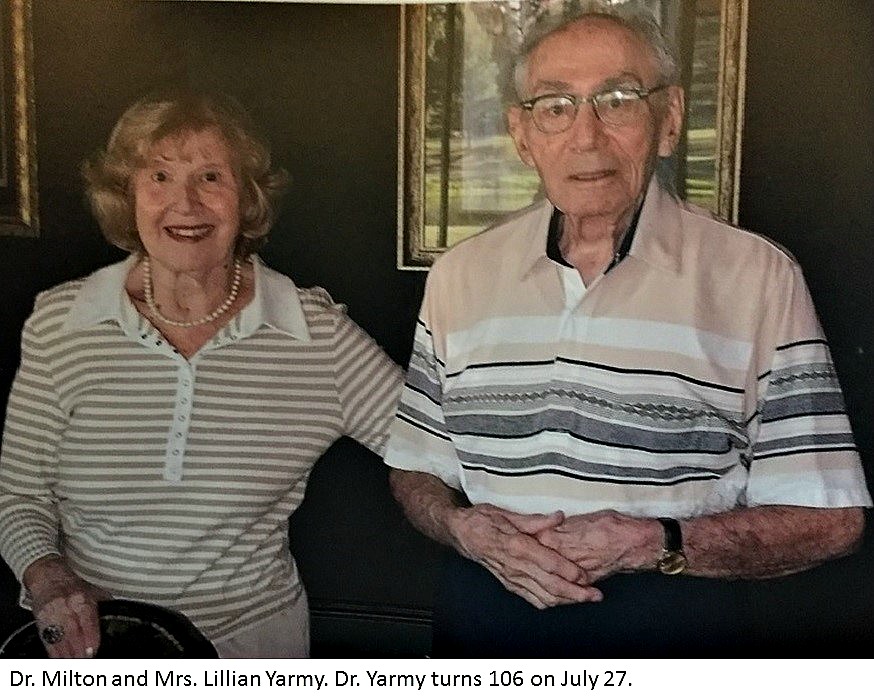 The United States in 1937 was clawing its way through the Great Depression.
The United States in 1937 was clawing its way through the Great Depression.
Charlie Gehringer’s .371 batting average led the Detroit Tigers, a sit-down strike at the General Motors plant in Flint, Mich., brought the United Auto Workers newfound strength, and aviatrix Amelia Earhart disappeared over the Pacific Ocean during her attempt to become the first woman to fly around the world.
That same year, bread cost nine cents a loaf, a pound of hamburger was 12 cents and a gallon of gas went for 10 cents – that’s if you had the money.
Even though the first Social Security cards had been issued the year before, not many Americans were feeling secure, socially or otherwise. The national unemployment rate still hovered around 15 percent as President Franklin Delano Roosevelt, in his second inaugural speech, told the nation “I see millions of families trying to live on incomes so meager that the pall of family disaster hangs over them day by day. … I see millions lacking the means to buy the products of farm and factory and by their poverty denying work and productiveness to many other millions. I see one-third of a nation ill-housed, ill-clad, ill-nourished.”
And in 1937 Milton Yarmy, a young man from Youngstown, Ohio, graduated from the Wayne University College of Medicine – the forerunner of the Wayne State University School of Medicine – as a newly-minted physician with his M.D. degree.
Dr. Yarmy, who will celebrate his 106th birthday July 27, is the oldest living alum of the Wayne State University School of Medicine.
He grew up in Ohio, the son of Sigmund, his Hungarian immigrant father, and Sadye, his New York City-born mother. His father sold insurance and his mother was a homemaker. Fortunately, even during the Great Depression, Yarmy’s family was able to afford to send their son to the University of Michigan for his undergraduate studies. Tuition was $124 per year. Yarmy graduated from U-M with a bachelor’s degree in literature in 1932. “I always liked to read,” he said, “but I always wanted to be a doctor.”
Why did Yarmy select what was then called Detroit College of Medicine for his medical education? “It’s pretty simple – I was accepted there,” he laughed. “I had great training there in clinical medicine. That helped me for everything that I would see in my career.”
After graduation in 1937, Yarmy returned to Youngstown to practice general medicine in a city hospital. That same year he married Lillian Fine. The couple had two daughters, Karen Fellheimer and Janie Yarmy, and a son, Richard.
He studied internal medicine from 1945 to 1946 at the University of Pennsylvania before moving into that field of medicine.
A 4F draft deferral because of an ulcer kept Yarmy from serving in the military during World War II. He opened his own practice in his hometown of Youngstown. “I saw everything and treated everyone,” he said of the era in which physicians made house calls to treat patients.
Yarmy practiced medicine in Youngstown for 50 years before retiring in 1988. Mrs. Yarmy died in 2014 at the age of 100.
Yarmy now resides in Heritage Manor, a rehabilitation and retirement community he helped develop in Youngstown. His last visit to the School of Medicine campus was in 1987 for the 50th anniversary of his class graduation.
Asked what recommendation he has for today’s medical students, Dr. Yarmy advised joining a group practice if not working for a hospital. “That way you have more time for yourself,” he said. “I was a workaholic.”
